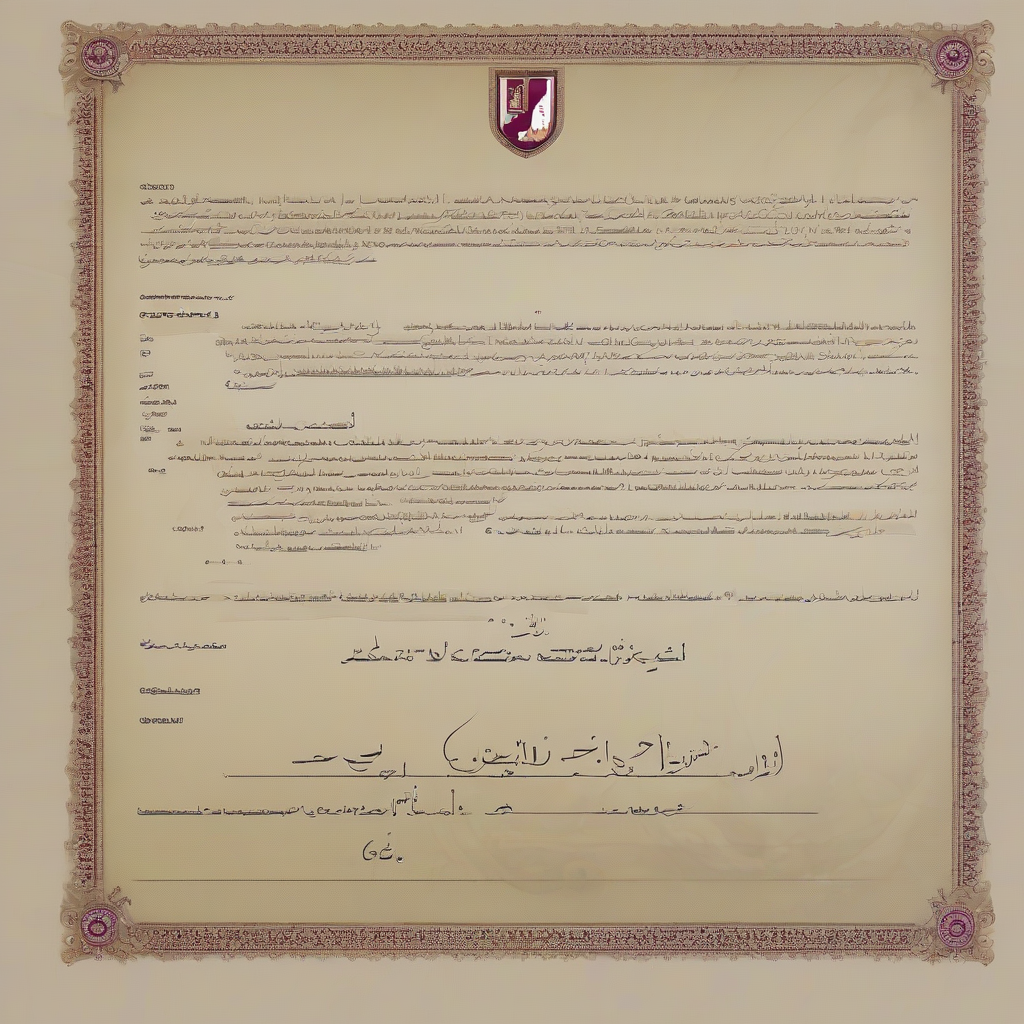Qatar LNG: A Global Energy Powerhouse
Qatar’s liquefied natural gas (LNG) industry stands as a global behemoth, shaping international energy markets and wielding significant geopolitical influence. This dominance stems from a confluence of factors: vast natural gas reserves, strategic investments in infrastructure, and a sophisticated approach to global marketing and partnerships.
Reserves and Production Capacity
Qatar boasts the world’s third-largest proven natural gas reserves, a cornerstone of its LNG prowess. These reserves, primarily located in the North Field, represent a substantial and enduring source of energy wealth. The North Field’s immense size allows for consistent and large-scale LNG production, exceeding the capacity of many competing nations. This abundance underpins Qatar’s ability to consistently supply global markets, even during periods of high demand or geopolitical instability.
- North Field’s Significance: The North Field is not merely a significant gas reserve; it’s a strategic national asset, powering Qatar’s economic growth and international relations.
- Production Capacity Expansion: Ongoing expansions to production capacity ensure Qatar’s continued leadership in the LNG sector, solidifying its position for years to come.
- Technological Advancement: Qatar’s investment in advanced liquefaction and transportation technologies optimizes production efficiency and minimizes environmental impact.
LNG Liquefaction and Infrastructure
The conversion of natural gas into its liquefied form (LNG) is a technically complex process requiring substantial infrastructure. Qatar’s investment in state-of-the-art liquefaction plants, coupled with extensive port facilities and specialized shipping capabilities, demonstrates a commitment to efficient and reliable LNG delivery. These facilities represent a significant economic investment, solidifying Qatar’s position as a reliable supplier.
- RasGas and Qatargas: These two major companies play pivotal roles in the liquefaction, processing, and export of Qatari LNG. Their integrated operations ensure smooth production and delivery chains.
- Port Infrastructure: Qatar’s ports are designed to handle the enormous volume of LNG shipments, ensuring swift and efficient loading and unloading processes.
- LNG Shipping Fleet: A dedicated fleet of LNG carriers ensures efficient and reliable transportation to global markets, mitigating risks associated with relying on third-party shipping.
Global Market Strategies and Partnerships
Qatar’s success in the LNG market is not solely attributable to its reserves and infrastructure; it’s also a testament to its shrewd global marketing strategies and strategic partnerships. The country has established long-term contracts with major energy consumers worldwide, fostering stability and predictability in the international LNG trade. These contracts often involve exclusive supply agreements, solidifying Qatar’s role as a preferred supplier.
- Long-Term Contracts: The emphasis on long-term contracts provides price stability for both buyers and sellers, reducing uncertainty and promoting sustained trade relationships.
- Diversified Customer Base: Qatar actively cultivates a diversified customer base, reducing dependence on any single market and mitigating risks associated with regional political or economic instability.
- Strategic Alliances: Collaboration with international energy companies allows for knowledge sharing and technological advancements, enhancing Qatar’s competitiveness in the global market.
Geopolitical Implications
Qatar’s LNG exports extend far beyond mere economic considerations; they have significant geopolitical implications. As a major energy supplier, Qatar holds substantial leverage in international relations, influencing energy security policies and impacting the diplomatic landscape. The country’s ability to provide a consistent and reliable energy source gives it considerable political clout.
- Energy Security: Qatar’s role as a dependable LNG supplier strengthens the energy security of its partner nations, reducing their vulnerability to energy shortages or price volatility.
- Diplomatic Influence: Qatar’s position as a key energy player allows it to engage in diplomatic negotiations with a stronger hand, promoting its interests on the global stage.
- Regional Stability: While the industry’s impact on regional stability is complex, Qatar’s significant LNG revenues contribute to the nation’s economic strength and overall stability within its region.
Environmental Considerations and Sustainability
The LNG industry, while crucial for global energy needs, carries environmental responsibilities. Qatar is increasingly addressing environmental concerns associated with its LNG operations, focusing on reducing emissions and promoting sustainable practices throughout its value chain. This commitment is vital for maintaining its long-term competitiveness and global reputation.
- Carbon Capture and Storage: Investment in carbon capture and storage (CCS) technologies is crucial in mitigating the environmental impact of LNG production and transportation.
- Methane Emission Reduction: Minimizing methane leaks throughout the production and transportation processes is paramount to reducing the overall environmental footprint.
- Sustainable Practices: Adopting and promoting sustainable business practices throughout the entire LNG value chain is essential for long-term environmental responsibility.
Future Outlook and Expansion Plans
Qatar’s LNG sector is poised for continued expansion and growth. Ongoing investments in production capacity, infrastructure, and technological advancements ensure its sustained leadership in the global LNG market. Further diversification of its customer base and the exploration of new technologies will likely shape the future landscape of Qatari LNG.
- North Field East and South Projects: These massive expansion projects will significantly increase Qatar’s LNG production capacity, solidifying its dominance in the global market.
- Technological Innovation: Continued investment in research and development will lead to further improvements in liquefaction efficiency, emission reduction, and overall operational sustainability.
- Market Diversification: Expanding into new markets and strengthening existing relationships will further secure Qatar’s long-term position as a reliable and preferred LNG supplier.
Conclusion (Omitted as per instructions)
